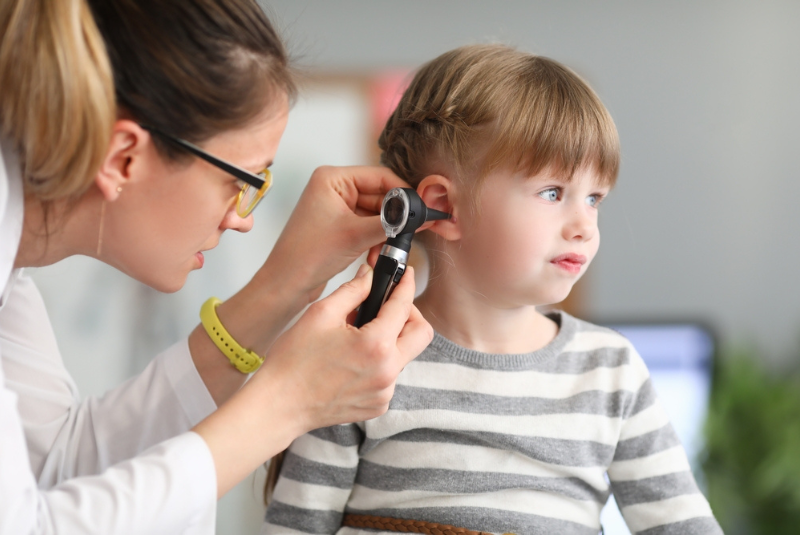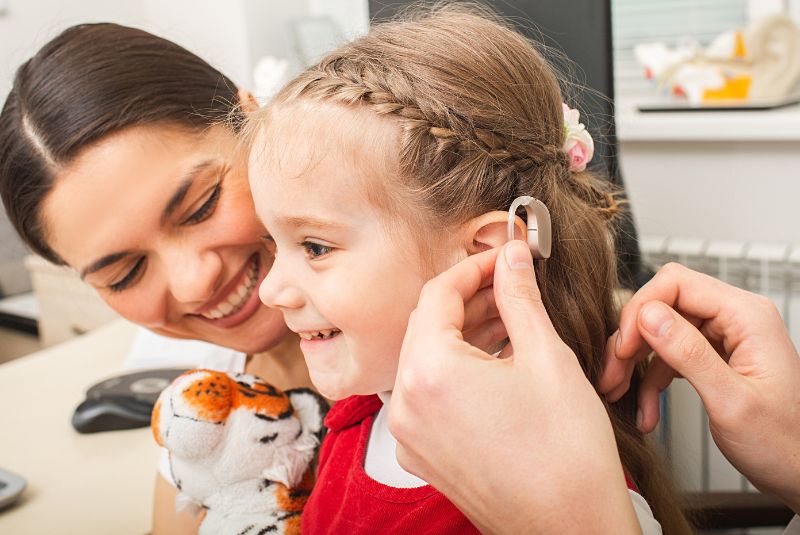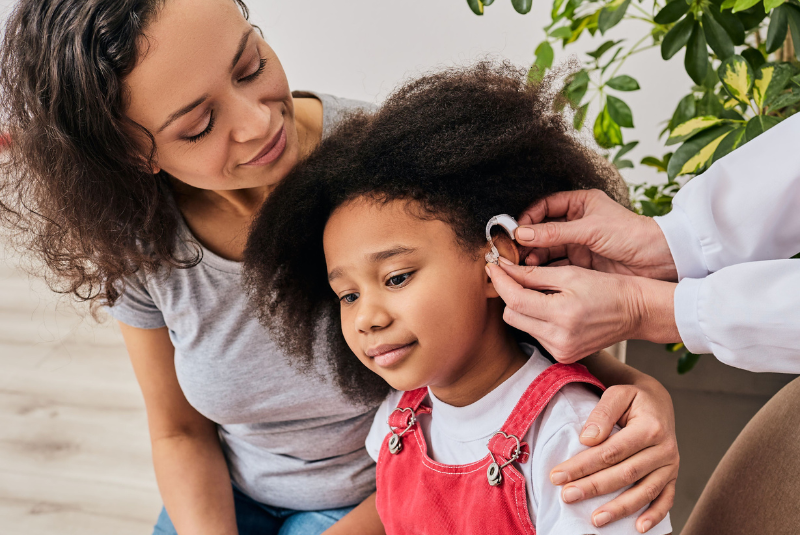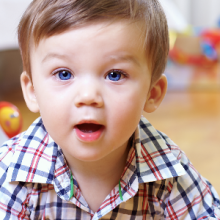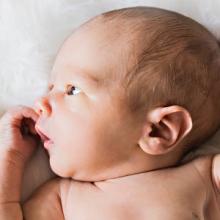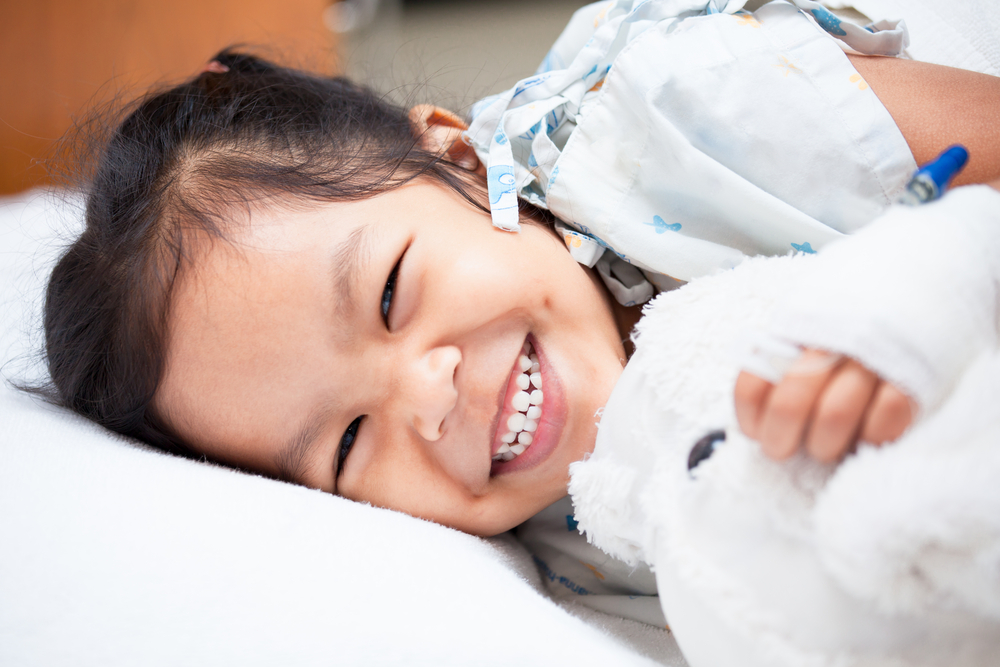Otoferlin gene-mediated hearing loss natural history study
- Project status: Active
Research area: Population Health > Centre for Community Child Health > Prevention Innovation

A natural history study in individuals with Otoferlin gene-mediated hearing loss
Auditory neuropathy is a type of hearing loss that can have a genetic cause. This study aims to gain a better understanding of the natural course of hearing loss caused by changes in the otoferlin gene.
Auditory neuropathy is a type of hearing loss that can have a genetic cause. This study aims to gain a better understanding of the natural course of hearing loss caused by changes in the otoferlin gene.
Auditory neuropathy is a type of hearing loss that can have a genetic cause. This study aims to gain a better understanding of the natural course of hearing loss caused by changes in the otoferlin gene.
Overview
We invite children and adults with hearing loss in both ears, including auditory neuropathy or a history of auditory neuropathy to participate in this research study.
Auditory neuropathy is a type of hearing loss that can have a genetic cause. There are many genes that could be involved. One gene is called the otoferlin gene, which makes a protein called otoferlin. Otoferlin is essential for the normal functioning of the ear. Changes in the otoferlin gene can cause sound transmission from the inner hair cells to the hearing nerves to be significantly reduced.
This study aims to gain a better understanding of the natural course of hearing loss caused by changes in the otoferlin gene.
If you/your child agree to take part, you/your child will have a genetic test called next generation sequencing. This involves taking a saliva (spit) sample to look for changes in genes linked to hearing loss.
Information for participants
What is involved?
- You/your child will review a participant information sheet/consent form with a study staff member so you both can learn about the study and have a chance to ask questions. You must sign the form if you decide you/your child will participate.
- You will then talk to a genetic counsellor to help decide if genetic testing is right for you/your child.
- If you decide to participate, you/your child will provide a saliva sample for genetic testing.
- The genetic counsellor will contact you to talk about your/your child’s results.
- It is not necessary to attend The Royal Children’s Hospital to participate in genetic testing. A saliva sample can be sent by post and genetic counselling can take place by telehealth if preferred.
If the results show your child’s hearing loss is caused by a change in the otoferlin gene, we will invite you/your child to share your hearing and medical information and/or take part in hearing testing at The Royal Children’s Hospital approximately every six months for up to a maximum of five years. However, changes in the otoferlin gene are rare, so there is a good chance you/your child will not be invited to attend ongoing appointments.
This study is being conducted at Murdoch Children’s Research Institute, The Royal Children’s Hospital and the University of Melbourne. It is part of an international study sponsored by a pharmaceutical company called Akouos Inc, a wholly-owned subsidiary of Eli Lilly and Company.
Contact us
Otoferlin gene-mediated hearing loss natural history study
Murdoch Children's Research Institute
The Royal Children's Hospital
50 Flemington Road
Parkville VIC 3052
Australia
Phone: show phone number
Email: [email protected]
Research team
| Team members | Role |
|---|---|
| Associate Professor Valerie Sung | Paediatrician and Lead researcher |
| Dr Lilian Downie | Clinical Geneticist |
| Nicola Camporeale | Audiologist, The Royal Children's Hospital |
| Libby Smith | Research team |

